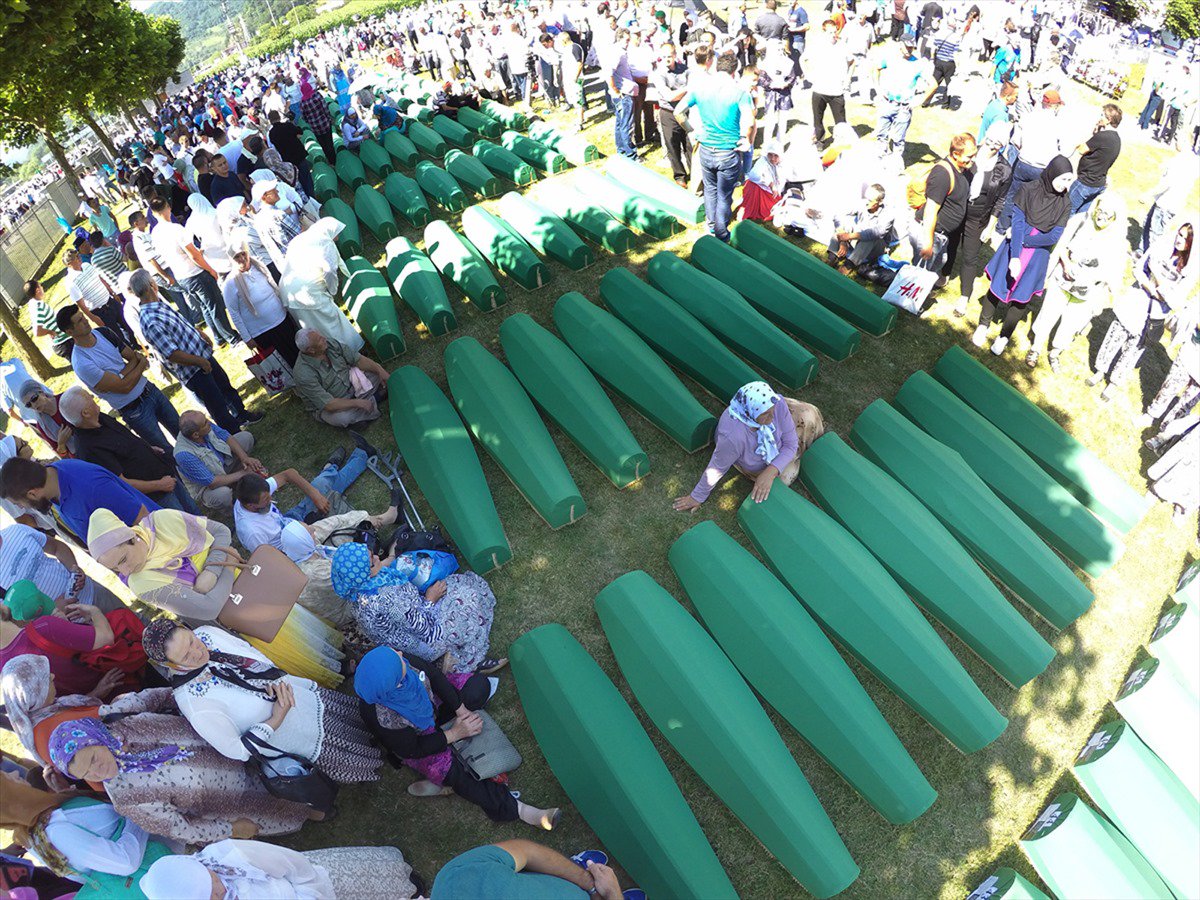Srebrenica Commander Naser Oric Charged With War Crimes
27 Aug 15
Srebrenica Commander Naser Oric Charged With War Crimes
Former Bosnian Army general Naser Oric, who led Bosniak forces in battles against Serb troops in Srebrenica, was charged with war crimes against Serb prisoners in the area in 1992.
BIRN
Sarajevo | Naser Oric at the Hague Tribunal. Photo by ICTY. |
The prosecution alleged that Oric and Bosnian Army soldier Sabahudin Muhic killed three Bosnian Serb prisoners of war in the villages of Zalazje, Lolici and Kunjerac in 1992.
Oric was arrested on June 10 this year on the French-Swiss border at the request of the Serbian prosecution, which suspects him of involvement in war crimes. But he was ultimately extradited to Bosnia and Herzegovina, not to Serbia.
He has already been acquitted of war crimes against Serbs in the Srebrenica area by the Hague Tribunal in 2008, when the UN-backed court ruled that he did not have control over the Bosnian Army which committed the crimes.
His lawyer Vasvija Vidovic, who defended him in The Hague, told BIRN that Oric was questioned by the Bosnian prosecution recently, but that she had not been informed that an indictment had been raised.
“However, I think this is illegal, because he was already acquitted of these crimes by the Hague Tribunal. This is a double prosecution and we will try to get this case rejected on these grounds,” said Vidovic.

The director of the centre for the investigation of war crimes in Bosnia’s Serb-led entity Republika Srpska, Milorad Kojic, hailed the indictment as a step towards justice.
“It was about time for someone to answer for the horrific crimes against Serbs in Podrinje [the eastern Bosnian area that includes Srebrenica, Bratunac and Zvornik]. I hope he is placed in custody, because witnesses might be influenced as we know how influential Oric is and that he is still spreading fear today,” said Kojic.
But Srebrenica’s Bosniak mayor Camil Durakovic said that he was outraged by the decision to indict Oric, claiming that it shows “the influence of politics on the prosecution”.
“This is all a result of the announced referendum by the Bosnian Serb authorities against the state-level court and prosecution. This indictment is a political document, against a hero of Srebrenica. If this is how the judiciary will work, then Bosniaks don’t need it,” said Durakovic.
Last month, parliament in Bosnia’s Serb-led entity Republika Srpska voted for a referendum on the state-level prosecution and court because of its objections to alleged bias against Serb victims.
Nedeljko Mitrovic, president of the Families of the Captured, Killed Fighters and Missing Civilians of Republika Srpska organisation, said that he doubted that the prosecution of Oric would bring any satisfaction to Serb victims.
“This is Bosniak politics which controls the judiciary - the prosecution was reacting because they were afraid of the overwhelming evidence from the Serbian prosecution in the Interpol warrant and they were afraid of the announced referendum,” said Mitrovic.
Oric’s alleged crimes took place three years before the 1995 attack on Srebrenica by the Bosnian Serb army, when more than 7,000 Bosniak men and boys were killed in massacres later defined as genocide by international and domestic courts.
The Bosnian prosecution also told BIRN that within the same case they will file a request to the Swiss authorities for the extradition of Elfeta Veseli, who is suspected of killing an Serb civilian boy in 1992 in the same region.
Comments
Post a Comment